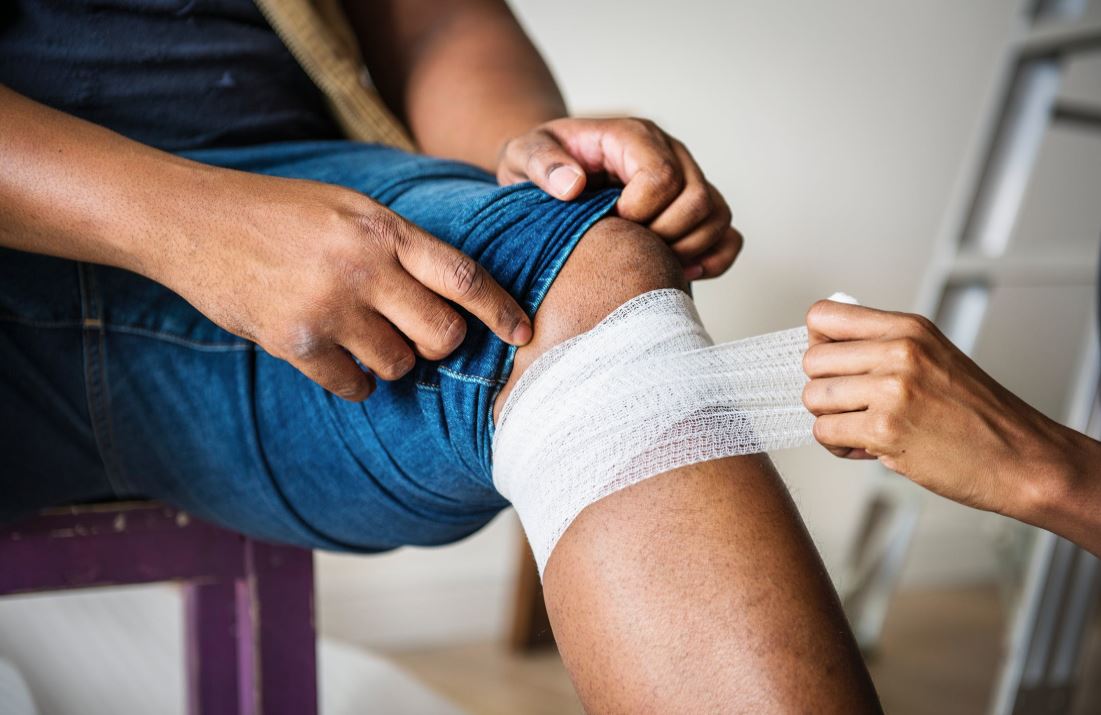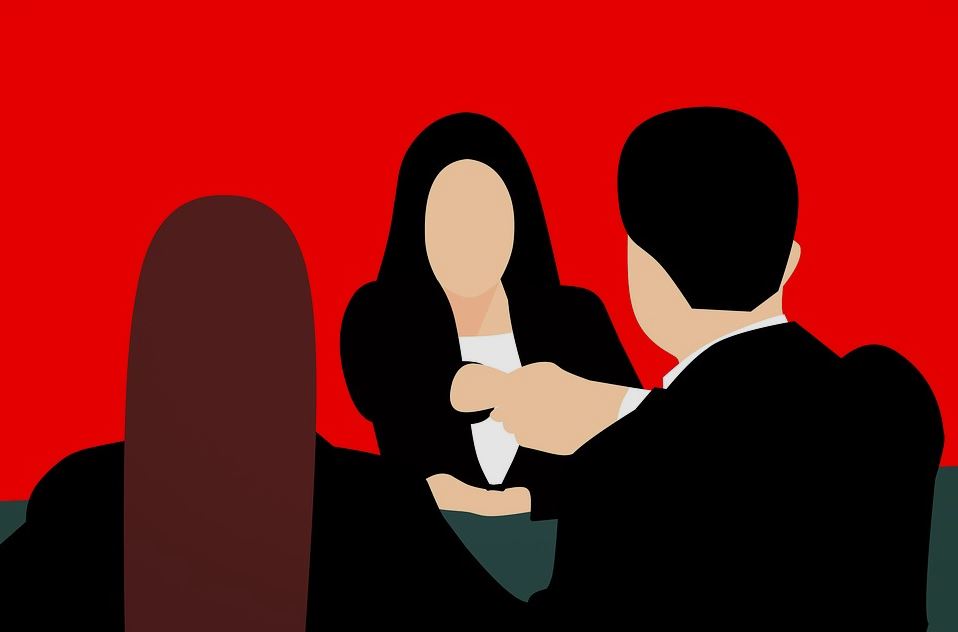Every season has its hazards and winter is probably the worst. While some falls may merely be embarrassing many result in significant injuries to the bone, muscles, ligaments, and head. The Center for Disease Control reported in 2016 that older Americans were injured from falls more than any other accident. Following are three common injuries caused by icy falls or slips.
Sprains and Torn Ligaments
Slipping on ice can cause the stretching or tearing of ligaments resulting in sprains. A torn ligament is a severe sprain causing inflammation, and pain. You’re most likely to sprain your wrist, ankle or knee when slipping on ice. Treatment involves Rest, Ice, Compression, and Elevation or RICE. Sprains take about 10 days to heal. Severe tears could require surgery.
Broken Bones and Fractures
Slipping on ice is a major cause of broken bones and fractures. You can suspect a broken or fractured bone if you experience severe pain that doesn’t subside. Broken limbs (arms and legs) may look misshapen. You’re most likely to break a hip or a wrist when slipping on ice. You’ll need immediate care from an orthopedic urgent care facility or emergency room. An x-ray will be ordered on site. You may also require additional evaluations such as CT scans, MRIs, or ultrasound. You may later require services from an orthopedic specialist and physical therapy.
Back Injuries and Pain
Chronic back pain is a common symptom in adults. Almost 80 percent will experience it. Back pain can be caused by a variety of diseases and disorders including injuries to muscles, ligaments, herniated discs, and spinal compression fractures. Contact sports and accidents such as slipping on ice are common causes of these injuries. Less serious back injuries can be treated with a combination of hot and cold compresses. Alternate using heat pads and ice packs on the affected area. For chronic pain and more serious back injuries related to slipping on ice, you’ll need pain management and personalized physical therapy from a specialist like Southwest Florida Neurological & Rehab Associates.
You should be aware that other injuries can occur other than the three most common ones above. If you hit your head, watch for symptoms of concussion and traumatic brain injury.
As with most health problems, prevention is often the best medicine. You can help prevent slipping on ice by wearing proper footwear for conditions, taking shorter steps, and walking more slowly. Save outdoor chores for clearer times. Sprinkle sand or a de-icer on icy walkways and driveways. Always carry a cell phone with you in case you are seriously injured.





